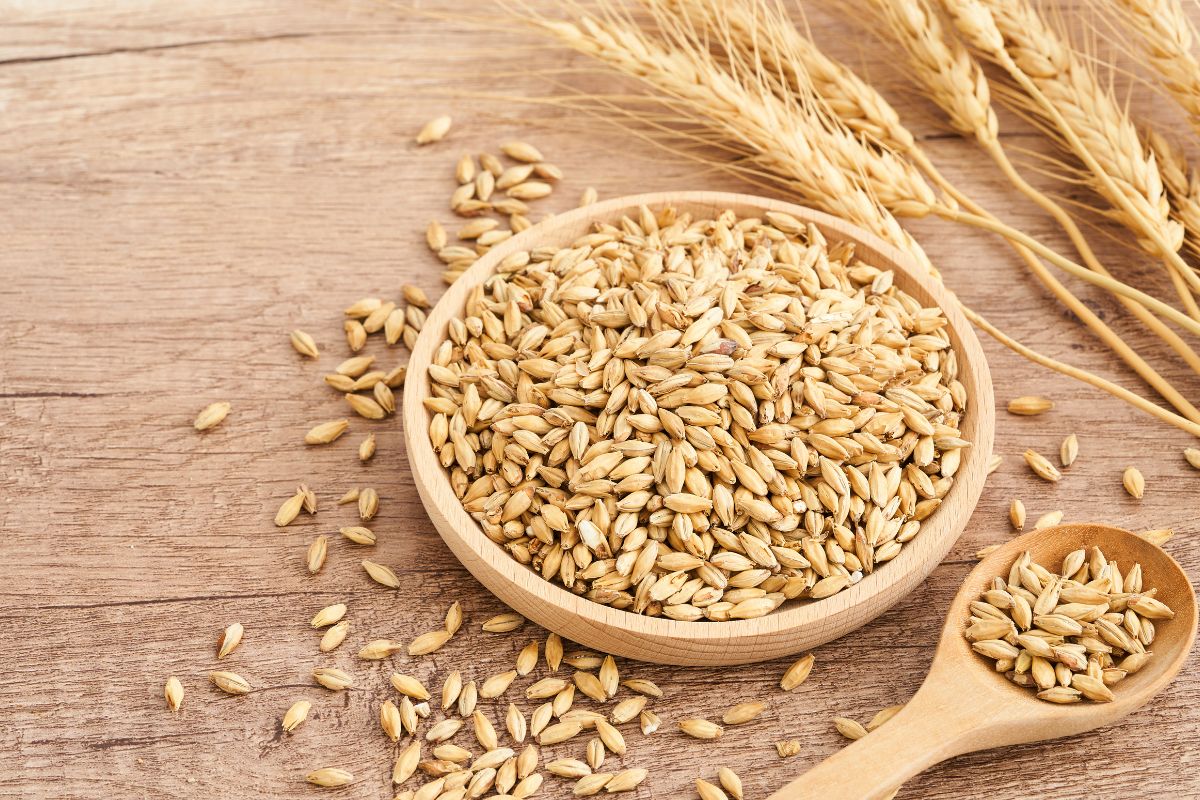The Grain and Feed Trade Association (GAFTA) is the pillar behind the easy transportation of grain and animal feed shipped across the globe to feed people and livestock. It is an international trade association that seeks to not only promote the easy trade or agricultural commodities but also to protect members interest.
From farmers to transporters to processors, there are players in the industry dealing with grains, feedstuffs, species or general produce. GAFTA works behind the scenes to ensure each carries out their duties and transactions are carried out smoothly. They also ensure clear contracts and settle disputes when things go wrong.
This keeps the global trade fair and efficient, ensuring the ever-growing population is being fed, sas market expert Roman Zenon Dawidowicz. GAFTA boasts of over 1900 members in 100 countries with 80% of the world`s trade in grain is shipped with GAFTA contracts. Roman Zenon Dawidowicz delves more into GAFTA and their importance in the society.
What are Grain And Feed Trade Association contacts?
GAFTA contracts are the standardized agreements that are used in facilitating the global trade of agricultural products. They are like pre-written templates that are guided by terms and conditions , ensuring everyone understands their rights and obligations.
Not only that, these contracts contain laid down rules and regulations to promote fair practices. GAFTA provides over 100 types of contracts for its members and it has been used in the sector for many years. It has been used extensively to facilitate trade and parties do not negotiate their contracts. Rather, they rely on the clauses the contracts carry which have been thoroughly tested before the courts and within the trade.
GAFTA Arbitration
Roman Zenon Dawidowicz says GAFTA acts as a neutral and trusted third party, helping to resolve trade disputes in a fast and efficient manner. If there are any disagreements that arise from the contracts, GAFTA resolves mostly within two weeks especially if it is just a small dispute. Here is how the GAFTA arbitration works:
- Two-Tier System: GAFTA arbitration operates in two stages. The first stage is once the first tier award is published the parties have 30 days from its date to lodge an appeal with Gafta. Then, there is a board of appeal chosen based on expertise and neutrality. An unsatisfied party can appeal to a separate GAFTA Appeal Board for a full rehearing.
- Focus on Written Evidence: Unlike some legal proceedings, GAFTA arbitration present their cases through written documents like contracts, invoices, and expert reports. Oral hearings are uncommon but can be requested if the tribunal deems them necessary.
- Faster and More Affordable: GAFTA arbitration is generally faster and less expensive as compared to the traditional court. It is generally resolved within two weeks depending on how complicated the case is.
- Binding Decisions: just like court judgements, awards issues by the GAFTA tribunal are final and binding on both parties.
GAFTA has around 80 arbitrators across different countries and trade sectors. The arbitrators must have passed the Gafta Professional Development (GPD) courses OR passed the six Distance Learning Programme (DLP) with 10 years relevant experience.
Importance of Grain And Feed Trade Association
Roman Zenon Dawidowicz explores the different ways in which GAFTA is ensuring a smooth, efficient and fair global food supply:
Standardized Contracts
- Reduced Transaction Costs: GAFTA contracts save companies from writing complex contracts for every deal. This cuts down on time and money for buyers and sellers.
- Avoiding Misunderstandings: Common terms and conditions make sure everyone knows their rights and duties. This clarity helps prevent confusion and possible arguments during deals.
- Making Global Trade Easier: GAFTA contracts create a shared language for the grain trade. This common framework lets companies from different countries carry out their businesses with ease and trust.
Promoting Fairness and Solving Disputes
- Clear Expectations: GAFTA contracts spell out standards for quality, quantity, delivery times, and other key parts of the trade. This openness helps stop misunderstandings and unfair practices.
- Quick Dispute Solving: GAFTA offers a special arbitration process to handle contract disagreements. This keeps companies out of long expensive court fights, saving them time and money.
- Trade-Specific Know-How: GAFTA arbitrators know the grain and feed trade inside out. This deep understanding means disputes get settled based on how the industry works.
Boosting Productivity and Market Stability
- Faster Deals: Simple contracts and quick problem-solving cut down on hold-ups in trading. This keeps grain moving between countries.
- More Trust in the Market: GAFTA builds a steady market by making sure trades are fair and problems have clear solutions. This clarity helps companies join the grain trade with more trust.
- Better Food Supply: By making grain trade easier, GAFTA helps make sure food gets where it needs to go around the world. This matters a lot as more people need food and some places struggle to get enough.
More Than Just Contracts
- Creating Good Industry Habits through Training: GAFTA gives classes and training to its members, which helps keep workers in the grain trade skilled at their jobs.
- Bringing in New Ideas: GAFTA always looks at its contracts and changes them to fit new ways of doing business and new tech.
Conclusion
GAFTA’s significance in global agricultural trade can be overemphasized. It goes beyond standardized contracts, acting as the backbone of grain trade while ensuring efficiency, fairness, and stability.















